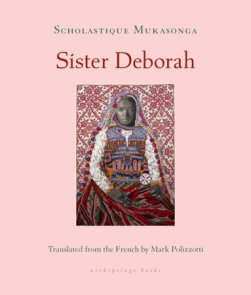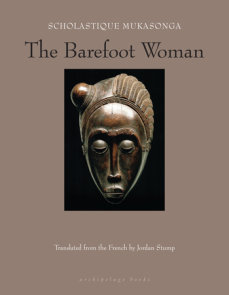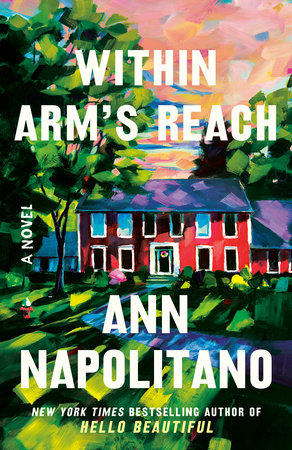

Kibogo
By Scholastique Mukasonga
Translated by Mark Polizzotti
By Scholastique Mukasonga
Translated by Mark Polizzotti
By Scholastique Mukasonga
Translated by Mark Polizzotti
By Scholastique Mukasonga
Translated by Mark Polizzotti
Category: Women's Fiction | Literary Fiction
Category: Women's Fiction | Literary Fiction

-
$17.00
Sep 13, 2022 | ISBN 9781953861368
-
Sep 13, 2022 | ISBN 9781953861375
YOU MAY ALSO LIKE
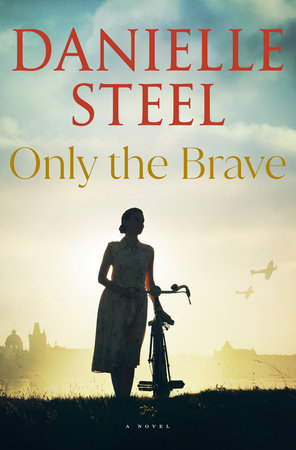
Only the Brave
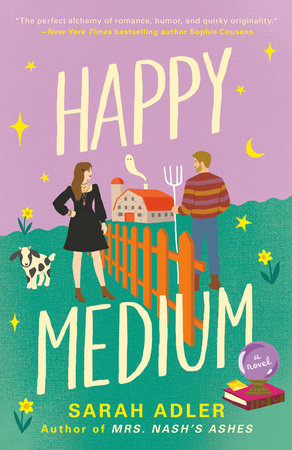
Happy Medium
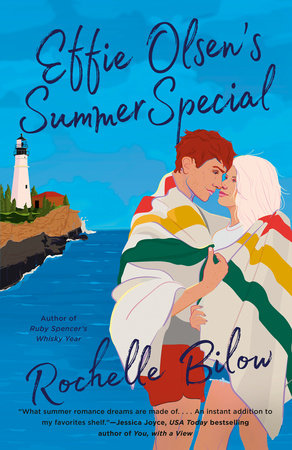
Effie Olsen’s Summer Special
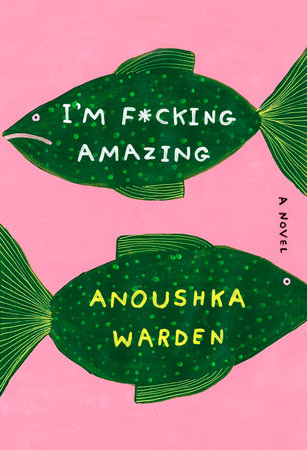
I’m F*cking Amazing
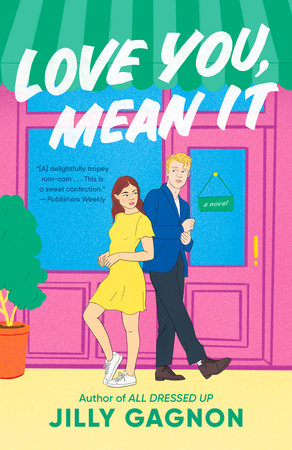
Love You, Mean It
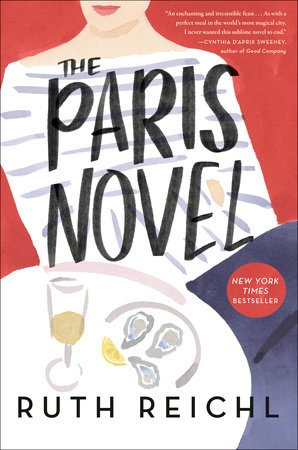
The Paris Novel
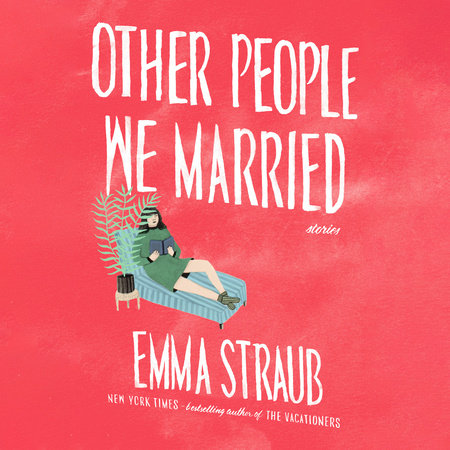
Other People We Married

Funny Story
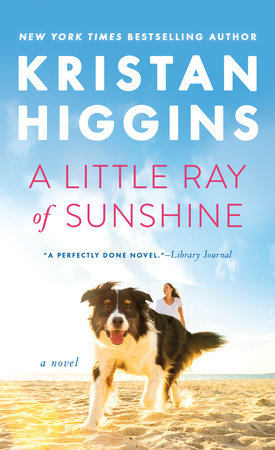
A Little Ray of Sunshine
Praise
“Official dogma is no match for the mercurial power of storytelling in Rwandan-French writer Scholastique Mukasonga’s sly new novel Kibogo . . . Mischievous and satirical . . . The stories themselves are furtively retold and altered and added to across time, subsuming even their tellers as they demonstrate a life force and lifespan that mere mortals can’t compete with.” — Sam Sacks, Wall Street Journal
“A searing tale of contending gods, religions, and economies in colonial Rwanda . . . As Mukasonga’s story opens, a village subchief, bribed by a “Colonial” with “a watch, a pair of sunglasses, a bottle of port wine, two jerry cans of gasoline, [and] a swath of fabric for his wife and daughters,” rounds up the children to serve in the war effort against Germany by harvesting anti-malarial flowers. Other agents of change follow . . . Drought ensues, and with it the people starve, and with that they recall the old ways . . . Pensive and lyrical; a closely observed story of cultures in collision.” — Kirkus Reviews, Starred Review
“Complex and revelatory . . . Mukasonga complicates the blurry line between history and myth and critiques its relationship to colonialism. This speaks volumes to the power of storytelling.” — Publishers Weekly
“Kibogo is a rich novel about how real people and events are transformed into legends, and how those legends empower the marginalized.” — Eileen Gonzalez, Foreword Reviews
“Priests and village elders, small boys and wise women, saviors both earthly and heavenly, local chiefs and anthropologists populate this slim volume, drawing the reader into a world that is distant in both time and space, a world that is well worth visiting.” — Shara Kronmal, Chicago Review of Books
“A triumph . . . Biting and gloriously satirical, Mukasonga’s novel shows how stories can wield a power that is greater than the sword, resisting ownership by any one person or power. It is a rich and hilarious work.” — Declan Fry, ABC News
“There may be a lot of tall tales in Kibogo, but there are others we know to be true: the exploitation of Rwanda by the white man during colonialism and beyond, and the battle between the white man’s religion and Rwandan culture and beliefs. It is these truths that remain on our minds long after the fire dies down and the storytelling is done.” — Susi Wyss, Washington Independent Review of Books
“Powerful and playful . . . Seeded throughout with luminous poetic moments . . . Mukasonga adds a new layer to the canvas containing her vanished culture. Amid destruction there’s confusion and manipulation, but there’s also the power of myth and human resilience. With this book, Mukasonga looks into a very dark night and imagines distant stars containing beautiful possibilities.” — David Varno, Words Without Borders
“The power of storytelling and the power of women is a constant amidst the stunning imagery and cutting anti-colonial critique of this collection, translated insightfully by Mark Polizotti. An immense achievement.“ — Pierce Alquist, Book Riot
“Mukasonga is an exquisitely original and sensitive writer.” — Elaine Margolin, World Literature Today
“In an interview with Le Monde, Mukasonga referred to her books as ‘paper tombs’ for a Rwandan way of life that has been crushed by colonization and genocide. In Kibogo, that lost world comes to vivid, sardonic life.” — Constance Grady, Vox
“Scholastique Mukasonga’s stunning Kibogo . . . has at its center a story told among a Rwandan community and long hidden from their colonial Belgian occupiers: that of Kibogo, who sacrificed his life so that rain would return to his community, and Mukamwezi, his isolated, still-living widow. In the midst of famine, this central story becomes a lens, a guide, and a spiritual center, powered by the strength of community memory and imagination. Mukasonga’s writing is lyrical, powerful, and so rewarding; this story is unforgettable.” — Corinne Segal, Literary Hub, “Our Favorite Books of 2022”
“Over the course of the story [Mukasonga] transfers the manipulations and variations on Kibogo’s story from the hands of the “oldsters” gradually down to the “youngsters.” Her version of guarding this patrimony has nothing to do with maintaining purity or handing down from on high. For her country’s tales to stay alive and interesting it is essential to release the stories . . . and let them ascend. Freedom and variation are the very nature of a living history.” — Abby Walthausen, Asymptote
“This book is made up of four stories that come together to capture a belief system being threatened by the “progress” colonization brings . . . Mukasonga is an incredible author.” — Book Riot
“[Kibogo] reads effortlessly . . . bringing both the spirit and the music of English in accord with the original.” — Bronwyn Mills, Cable Street Magazine
“Mukasonga has spoken about digging into “the trunk of my mother’s tales.” At one point she recalls how “a little girl, forgotten at the storyteller’s feet, who refused to go to sleep like the others, stored away in her memory, without really understanding them, the enchanted words of the fable”. One wonders if it’s an image of her younger self.” — Lucy Popescu, Financial Times
“Mukasonga’s most accomplished novel . . . Kibogo is a parable about the power of folklore and the dangers of forgetting. (Mukasonga plays with the tension between oral histories and her role in transcribing them.) . . . Her books offer a way for younger Rwandans to rediscover their own culture through myths and stories that have largely been forgotten.” — Kevin Okoth, The London Review of Books
21 Books You’ve Been Meaning to Read
Just for joining you’ll get personalized recommendations on your dashboard daily and features only for members.
Find Out More Join Now Sign In









